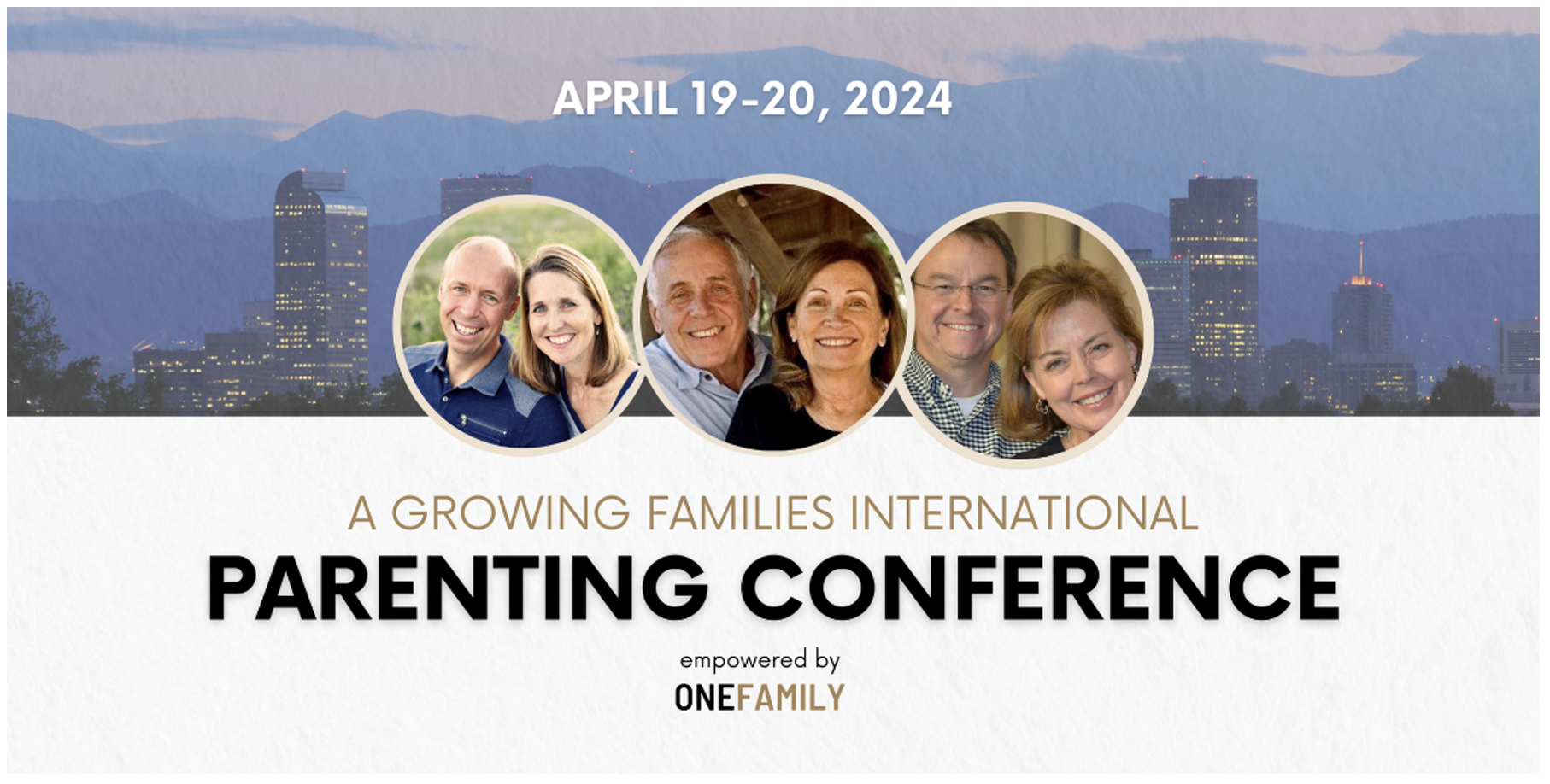At the intersection of Nature and Nurture stands a child’s attitude. Clearly a child is born with a temperament that influences the way in which they receive information. Their unique personality immediately coloring their own experiences to some degree, large or small. A baby’s joyful openness or colicky restraint seemingly foretells a life to come. How can parents influence a child into a positive mindset that will establish a ‘Can-Do’ perspective, open to new experiences, expectant of good things, willing to put forth effort and risk comfort in pursuit of a growth-oriented happy life? In other words, how can parents influence a child’s attitude?
“Attitude” is a continuous factor throughout life and plays a meaningful role in the dynamics of skill acquisition, relationships, and ability to manage life’s bumps. Because of this critical factor in creating a life of well-being, parents should be mindful of helping shape a child’s positive attitude. Here are thoughts and techniques for your parenting toolkit.
- Lead the way: As in all things, the vast majority of what you say can’t compete with who you are and the example of your life. For the most part, your children will take your life’s example and have that as their base understanding of “What to do or not do”. Let it be the former.
- Make a cheery disposition part of the family identity. It’s commonplace, particularly during the teen years, when negativity and sarcasm enter the family domain. It’s ok not to accept that behavior (as long as you’re not being a hypocrite). Anyone can have a difficult day, so temporary down days are normal and ok. But multiple down days are symptomatic of a negative mindset.
- Rewind. Sometimes a good feeling can be as easy as putting on a smile. When a frown demeanor enters the family sphere, ask the child to rewind the tape and do it over, but with more positive or joyful input. They may view it as dumb, but doing it regularly sends to their various levels of understanding (surface and long-term psychological development) that the family baseline is positive.
- The “I Am Strong” Game. We played this game where a parent leaves the room (the other parent and all the children stay in the room). While gone, the child recites either “I am strong. I am strong. I am strong” 10 times aloud or “I am weak. I am weak. I am weak”. Then the parent comes back in and the child holds their arm straight out to side. The parent tries to push it down. Then the parent guesses whether the child recited “I am strong” or “I am weak”. We were able to guess almost every time with every child. The lesson of positive internal talk is easy after that.
- Attitude is Altitude. The term used in flying for whether your plane is climbing, descending, or staying level is “Attitude”. What’s your attitude? is an important question to consider because it tells you whether you’re heading up or down or stable. Therefore, teaching this analogy provides a quick check-in question for them to do a diagnostic on whether they’re going up or down.
- Brain development. UCLA’s Mindful Awareness Research Center determined that having an attitude of gratitude actually changes the molecular structure of the brain, adding density to one’s grey matter. In other words, being appreciative of what blessings you have actually impacts brain development. To that end, the Marr family emphasized…
- Prayer. Every dinner together is an opportunity to be thankful. Prayer can be complex at other times of the day or night, but before dinner, it’s straightforward – Gratitude. Over the duration of a life together, it’s the mealtimes where family identity forges a common culture. Taking the time to thank God for what you have – the bounty certainly, but each other and the opportunities of life – those are the elements to highlight before every meal. Every meal.
Children can only know you by your actions. Your words only become relevant in the context of who you are. As day layers upon day, year upon year, your child’s attitude can become a major asset to their success. Let this year be the one where you purposefully engage them in lifting their attitude to the skies.
Many Blessings,
Lis and Dave
GFI Parenting Conference – April 19-20, Denver, CO
For the first time, the minds behind Growing Kids Gods Way, Babywise and The Life Series – Gary & Anne Marie Ezzo, Rich & Julie Young, and Dr. Robert & Gayle Bucknam – will be coming together to share new insights with compelling presentations! Don’t miss these parenting pioneers live and in person!
Info, Schedule & Registration
https://events.humanitix.com/gfi-2024
